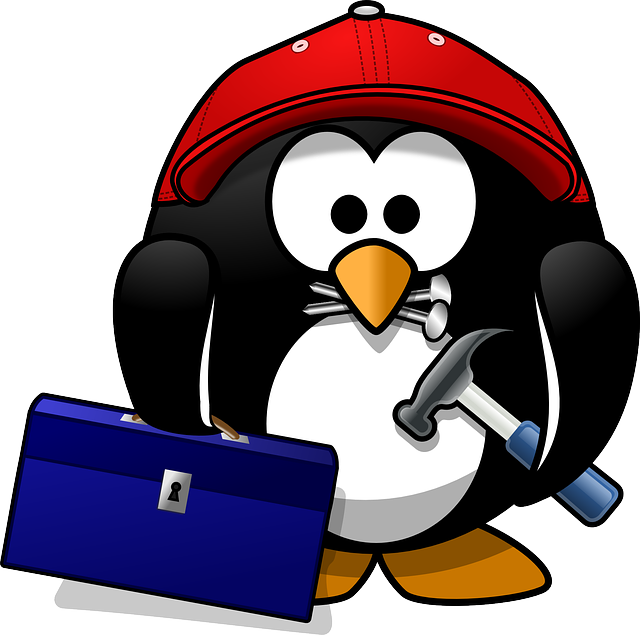
I was at a talk by Chris Thalinger at Oracle Code One called “Performance tuning Twitter services with Graal and machine learning”. One of the things he said was, “Hand-tuning doesn’t scale”, and it brought into focus some of the things that have been going on in the Autonomous Database, which is closer to my world. 🙂
In my post called It’s not all about you! I discussed the reaction to a new feature mentioned in the ACE Director briefing. It has been spoken about publicly now, so I guess I’m allowed to mention it by name. The feature in question was Automatic Index Tuning that (insert Safe Harbour slide) might be in Oracle 19c, or in an autonomous database cloud service in the future. Once this feature was mentioned, the list of questions started to pile up, before we even knew what it was or how it was implemented. I mentioned my own reaction to this specific feature, but let’s look at this in the broader sense of autonomous services generally.
As I mentioned, watching Chris’ session brought all this into focus for me. Sorry if I’m stating the obvious, but here goes.
- Even if I were capable of doing a better job than an automatic performance tuning feature, and I’m not sure I can, that is just me. Is everyone else I work with at my level of understanding or better? Is everyone else who works with the database across the world at my level of understanding or better? If the answer to that is no, then there is a need for feature X, whatever it is.
- Let’s say I have a group of really skilled people that can do better than automatic feature X. Are they constantly looking at the system, trying to get the best performance possible, or are they working on hundreds or thousands of different targets, and actually spending very little time on each? As their workload grows, which it invariably will, will they be able to spend more or less time looking at each specific feature?
I know there are some consultants that get to go in and solve specific problems on specific systems, and maybe those folks will look down on automatic performance tuning features, but I have to look after loads of disparate systems and I get 30 seconds to get something done before I have to move on. I like to think I’m pretty good at Oracle database stuff, but I need all the help I can get if I want to keep things running smoothly.
When a new automatic feature is announced we always get super intense about it, which usually results in a lot of wailing and gnashing of teeth. Sometimes this is for very good reason, as the early incarnations of some features have been problematic, but over time they often become the norm. Think about the following, and what life would be like without them…
- Automatic PGA Management
- Automatic Shared Memory Management
- Automatic Segment Space Management
- Automatic Undo Management
- Automatic Statistics Gathering
For some people reading this, they may never have experienced life without these features. Believe me, it wasn’t pretty! 🙂
Whether it’s a specific automatic feature, like Automatic Index Tuning, or a grander vision, like the Autonomous Database family of cloud services, this is part of the natural evolution of the database. At *some point* in the future I can see all my databases running on the cloud and all of them being some form of autonomous service, regardless of which cloud provider is running them.
Check out the rest of the series here.
Cheers
Tim…
PS. I hope people understand the spirit of what I’m saying, but I feel the need to include a few statements, as some people on Twitter seemed to get the wrong end of the stick.
- I’m not saying you can do a rubbish job and leave it up to an automatic tuning feature to fix your crap application. Bad software always runs badly, no matter what you do with it. You might be able to mask some of the problems, but you don’t fix them.
- I’m not suggesting the development process shouldn’t include proper testing, including unit, integration, UAT and performance testing. See previous point.
- The more you know about your platform, the better job you can do, even if you have automatic features to help you.
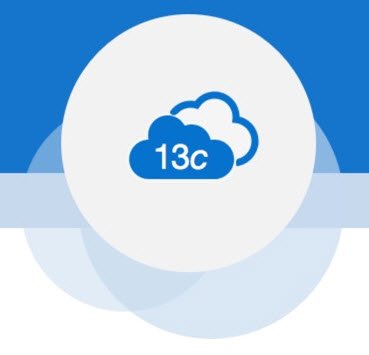 A few months ago I wrote about the installation and upgrade
A few months ago I wrote about the installation and upgrade 
 Here are some top-level thoughts about what happened over the week at Oracle OpenWorld and Oracle Code One.
Here are some top-level thoughts about what happened over the week at Oracle OpenWorld and Oracle Code One. I had the morning in the hotel, trying to catch up on things I missed during this trip and I did a quick visit to the gym. At about 14:00 I checked out of the hotel and got the Bart to the airport.
I had the morning in the hotel, trying to catch up on things I missed during this trip and I did a quick visit to the gym. At about 14:00 I checked out of the hotel and got the Bart to the airport. First up for me was
First up for me was 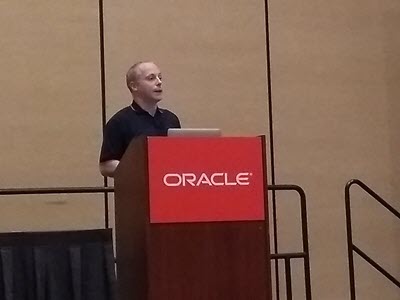 Next up was
Next up was 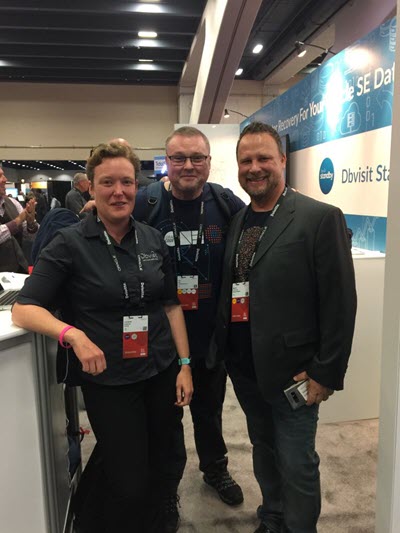
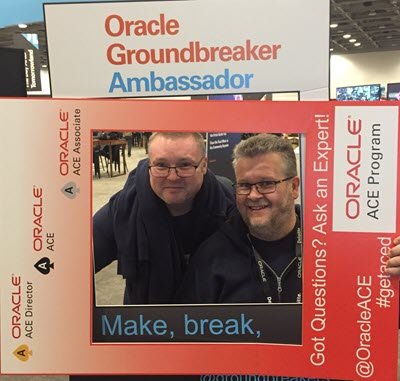
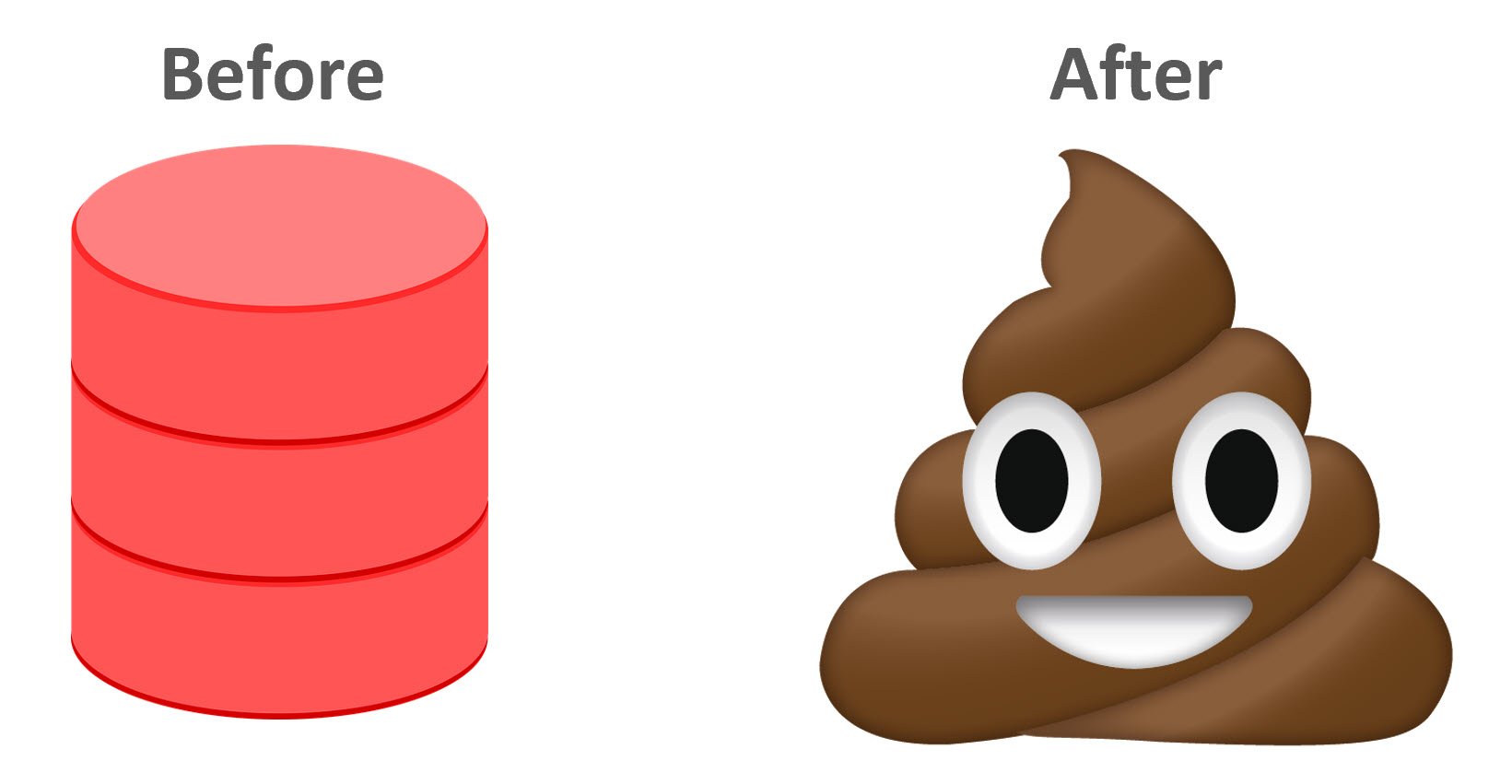

 The fireside chat with
The fireside chat with 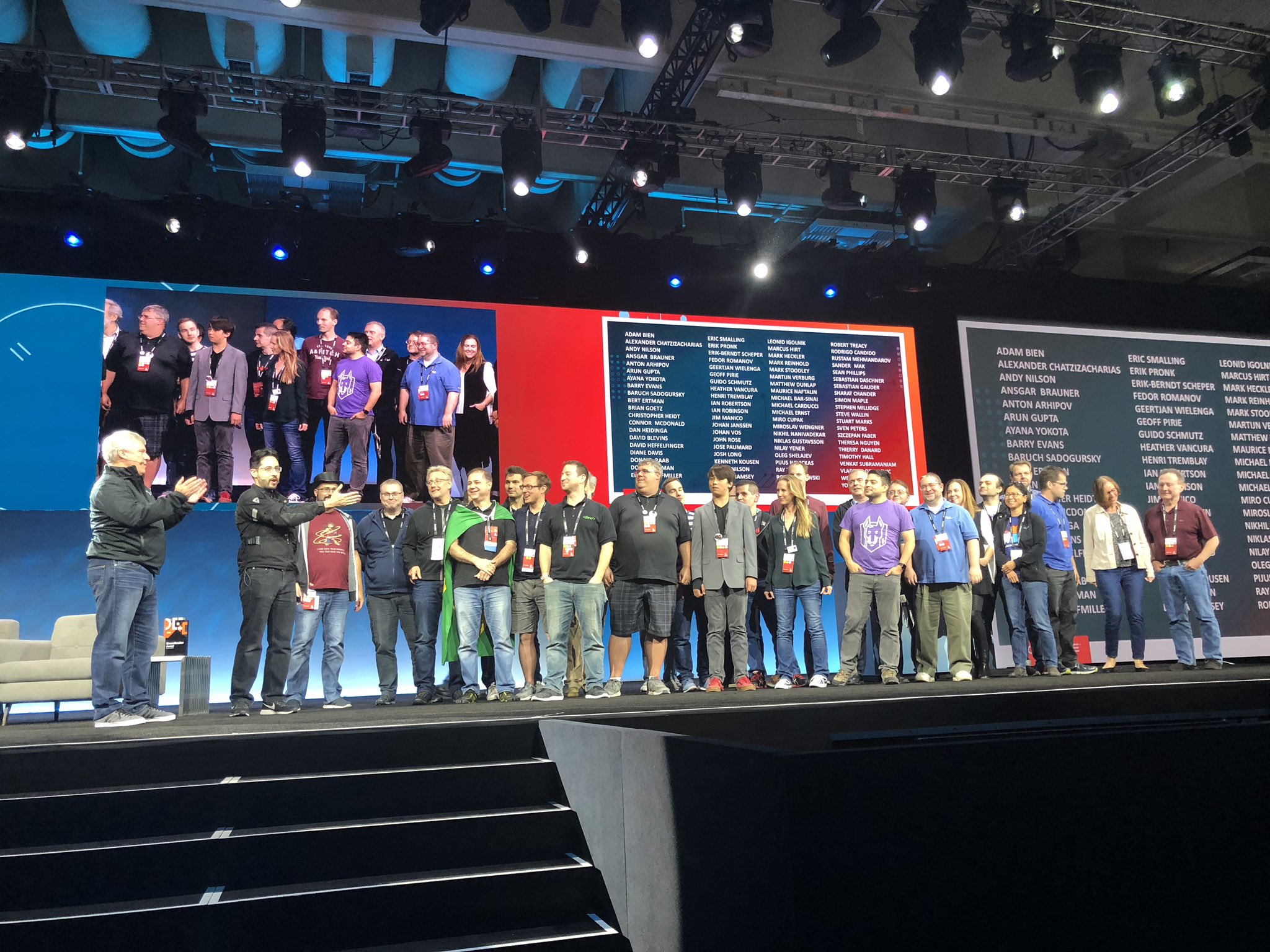
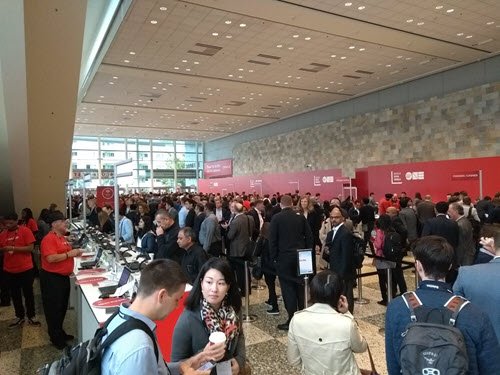 After much coffee and diet coke it was time to leave for my 09:00 Code One session. When I walked into Moscone West there were a lot of people queuing for registration, so I started to think I might be presenting to zero people.
After much coffee and diet coke it was time to leave for my 09:00 Code One session. When I walked into Moscone West there were a lot of people queuing for registration, so I started to think I might be presenting to zero people.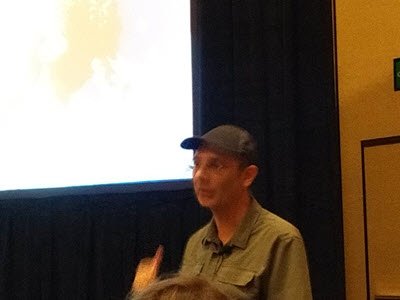 Next up I went to see
Next up I went to see 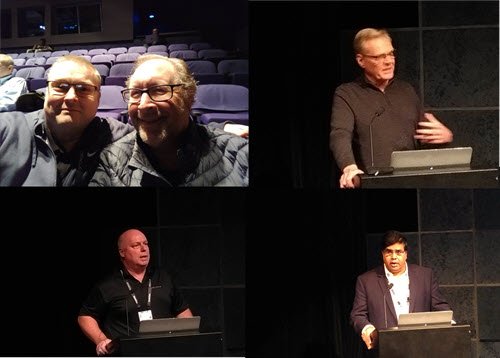 First up was the mighty
First up was the mighty 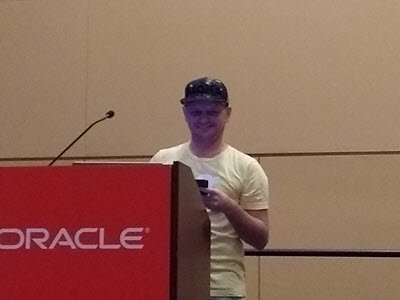 I bumped into
I bumped into  I want to start with a couple of examples.
I want to start with a couple of examples.